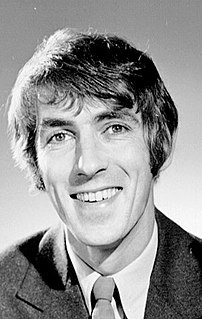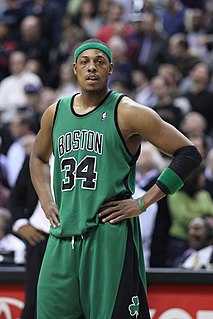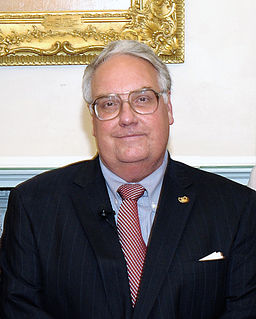A Quote by Nancy Werlin
You start thinking about a character in a new book, of course you're going to think pretty soon, 'Well, what's their secret? What is their problem?' Maybe, 'What is their secret?' is another way of saying, 'What is their problem?' There's got to be some issue, or you've got a totally boring book!
Related Quotes
One of the things that I love when I go to a film or when I'm reading some book or whatever, is to be told a secret I thought only I knew and then someone says, "Oh my gosh, you know, too." And film can take us into private moments in a way that the theater, I think, kind of can't, and that's one of the reasons I like doing films. And the way a book can is that these little secrets and the private things that go on in our minds that maybe we haven't shared with anyone, and then someone writes it or shows it to you in a film, you think, "Oh, that's me. Oh my God, that's me, I have that secret."
I saw an advertisement the other day for the secret of life. It said "The secret of life can be yours for twenty-five shillings. Sent to Secret of Life Institute, Willesden." So I wrote away, seemed a good bargain, secret of life, twenty-five shillings. And I got a letter back saying, "If you think you can get the secret of life for twenty-five shillings, you don't deserve to have it. Send fifty shillings for the secret of life."
Margaret Cavendish was one of the people who came up in the course. That was when I started thinking about her as a character for a book, but my idea was for a totally different book. It had all these characters in it; Samuel Pepys was one of the main characters. He famously wrote these extensive diaries through the period that are really funny and sort of saucy, actually.






































